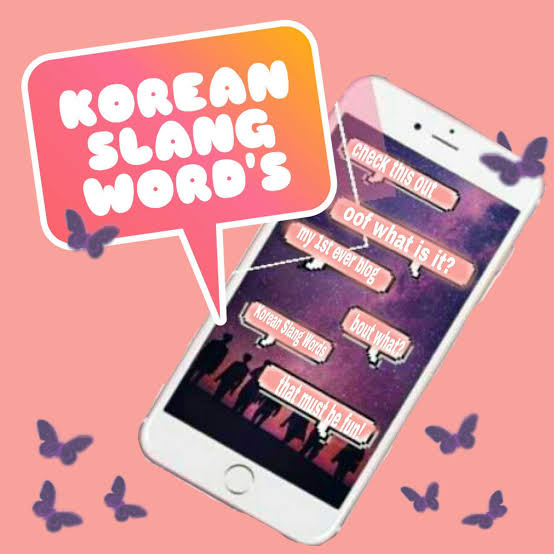
Slang Words in Korean
Slang is very informal language or spesific words used by a particular group of people. You’ll usually hear slang spoken more often than you’ll see it put in writing, though emails and texts often contain many conversational slang words.
Now, Korean culture works the same way. Koreans have slang to differentiate standard Korean, often found in written forms, from the Korean that’s used in daily conversations. In the case of more widespread slang, the in-group becomes most Korean natives engaged in conversation.
In this articles Byeol Korea would explain more about Korean slang words, the meaning of the word Daebak, its uses in daily conversation, usage of Korean slang words in daily life, and a bit about other Korean slang.
What is Daebak’s Meaning?

대박 is a slang term in Korean, used among mostly youth or young adults to express when something happens that is good, cool, fun, etc.
It initially meant “jackpot” or “unexpected great thing”, so the meaning of the now-slang term is essentially a happy outcry for when you feel like you got lucky or something went your way.
It means jackpot or a big success, originally, but now people also use it when they are surprised/shocked as an exclamation. It can also be used in a sarcastic way.

Furthermore, if you’re with a close friend and they are telling you a story, and they say something which you think is really awesome, you might just say “Daebak!” to show your interest.
You can also use it about hot stuff. When you go shopping and find something you know is really good but so cheap, you might say “Daebak!”
It’s a word that’s used when something is very exciting. It’s used to say ‘대박’ and ‘대박이다’. Of course, it is also used when you are heavily urged by irony or when your work is greatly distorted.
Shortly, Daebak is used like an exclamation word expressing the speaker’s massive feeling, plus the speaker’s surprise, which infers that the speaker didn’t know about the content until (s)he is reported.
In conclusion, “daebak” is a slang term in the Korean language that is used when something good or cool happens.
Daebak’s Uses in Daily Conversation

The use of exclamations by young people is diverse. This is culture talk among young Korean speakers. Since it is a word that is used very often in modern Korean, especially among young people, it appears frequently in dramas and is generally described as the admiration used by high school girls.
origin from 흥부전Bg
Bigourd = 대 박
Heungbu heals the swallow’s legs and gets the seeds of a large gourd from the swallow.
A large gourd grows and many gold and silver treasures come out of it. The opposite is an impurity that means small gourds (e.g., 쪽박)
They use that word when get surprised, as well. That doesn’t only have a positive meaning, but you also could use it when expressing shock. So, you can just understand that’s a surprise expression.
Example:
1.A: 그 남자애가 나 좋아한데
(Geu namjaaega na joahande)
Apparently, he likes me.
B: 대박, 진짜?
( Daebak, jinjja?
No way, seriously?
2. A: 나 지갑 잃어 버렸어
(Na jigab iro boryeosseo)
I’ve lost my purse
B: 헐, 대박! 가방 다시 잘 찾아봐!
(Heol, daebak! Kabang dasi jal chajabwa!)
What the.. look into your bag again!
3. A: 이거 대박이다 완전 신기해.
(Igeo daebakida wanjeon singihae)
Wow this is so cool, It’s unbelievable.
B: 그치?
(Geuchi?)
I know, right?
Sometimes you will see words that you wouldn’t understand easily. That’s because of a cultural difference. Do not try to get it by force, but try to see as many examples as you can to know when you can use it.










